As the sitting Massachusetts Attorney General, mid-way though her first term, she started as the only candidate with statewide name recognition. As the only woman in a race against 3 men, she was supposed to have the gender advantage. And when the influential political action committee Emily’s List endorsed her, it was thought that she would not want for money to wage her Senate campaign.
All of that has been true, yet in the past couple of weeks the election has been slipping away from Martha Coakley. She got a large number of endorsements from state legislators and labor unions. But the big endorsements that might have made a big difference on primary election day, Governor Deval Patrick and Boston Mayor Tom Menino, eluded her. Now the Boston Globe has endorsed Alan Khazei, one of the other candidates.
There is just something about Martha Coakley that doesn’t sit right with the Massachusetts electorate. But just what is it? We thought we’d dig a little deeper.
Let’s start with Martha Coakley’s position on health care reform. One would expect her to be out there trumpeting health care reform, bragging on the success we’ve had with reform here in Massachusetts, touting our MassHealth program as a model for the country to follow, and asking for the improvements that would make MassHealth a better program. Instead, cautious is the word a lot of commentators use in describing Martha’s position on health care.
Indeed, Martha threw caution to the wind, going out of her way to say that she would vote against the health care reform bill that passed the House of Representatives on a very narrow but historic vote in early November. We won’t get into her technical reasons for that position just yet. Yes, she has her reasons, but we think the real reason is that Martha Coakley is against meaningful health care reform.
There is an uncanny similarity between Martha’s goals on health care reform and the principles of the conservative Blue Dog coalition:
| Martha Coakley’s Goals | Blue Bog Principles |
|---|---|
| expanding coverage | improving access |
| improving quality | increasing value |
| reducing costs | controlling costs |
Those are laudable goals, so far as they go, but the one important goal that is missing is universal access to health care coverage for all Americans.
And who are the Blue Dogs? The Blue Dogs are a coalition of conservative Democrats who hold the balance of power in the House of Representatives. In the recent health care vote, 23 Blue Dogs joined with Republicans in the House to vote against health care insurance reform.
In the Senate, Blue Dogs aren’t officially identified as in the House, but it’s not too difficult to figure out who they are:
Mary Landrieu of Louisiana
Blanche Lincoln of Arkansas
Kay Hagan of North Carolina
Kirsten Gillibrand of New York (a declared Blue Dog)
Arlen Specter of Pennsylvania (former Republican)
Joe Lieberman of Connecticut (the “Independent Democrat”)
Ben Nelson of Nebraska
Evan Bayh of Indiana
Bob Casey of Pennsylvania
Jim Webb of Virginia
There are 10 names on that list, and if you subtract them from the 60 seat majority Democrats have in the Senate, that would leave the Democrats with just 50 of 100 votes. Now you understand why it has been so hard to get health care reform through the Senate.
With one more vote, Blue Dogs will control the balance of power in the Senate between Democrats and Republicans as they already do in the House. Is that why the Senate is delaying a final vote on health care reform into next year? Yes, I think the Blue Dogs may be stalling until Martha Coakley can be elected their 11th vote.
Is there other evidence to support this view? We started by noticing that 4 Senators on this list are women, and sure enough all 4 were supported by Emily’s List, just like Martha Coakley. So who is Emily and what is she up to?
There is no Emily. Emily’s List is a political action committee operating nationwide. “Emily” stands for “early money is like yeast” (it helps raise the dough). The idea is that by providing lots of money through PAC contributions and encouraging additional direct member donations, Emily’s List will help prochoice Democratic women get elected to offices around the country.
A woman can be conservative and get money from Emily’s List, as long as she says she is prochoice and a Democrat. It’s not clear that the members of Emily’s List around the country know this. They think their money is electing progressive women.
Who is behind Emily’s List? It’s a woman named Ellen Malcolm. Ellen is an heiress, the great-granddaughter of A. Ward Ford, a partner in Bundy Manufacturing Co., which in 1911 merged into the company that would become IBM. So it’s the old story of what if you had $100,000 invested in IBM stock in 1911, what would it be worth today. Ellen got an MBA from George Washington University in Washington, DC after getting her bachelor’s degree in 1969 from the small, all-women Hollins College in Roanoke, Virginia - a debutante armed with an MBA.
Come to think of it, Ellen Malcolm is Like Yeast too - I suspect that is what Emily really means.
Ellen Malcolm has been at this since 1985, and has helped a number of women get elected. During the 2008 Presidential Campaign, she and Emily’s List were strong supporters of Hillary Clinton. Ellen created a stir in April 2008 when she suggested that her group might not back some Emily’s Listers, such as Senator Amy Klobuchar from Minnesota and Senator Claire McCaskill from Missouri, who supported Barack Obama during the primaries. The threat angered many in progressive Democratic circles.
However, it’s clear that Ellen Malcom isn’t cracking the whip to support health care reform. Three Emily’s Listers were among the 23 Blue Dogs and 16 other Democrats who voted against health care reform in the House.
Indeed, if you visit the Emily’s List website, you’ll find Ellen flogging a Stop Stupak campaign, which has to do with the way the Stupak amendment prohibits public subsidy of abortion in the new health care reform legislation. It’s easy for prochoice women to fall for Stop Stupak, but the problem is that it threatens to hold up health care reform over the single issue of abortion funding. And the mostly Republican supporters of Stupak have no real reason to compromise because they don’t support health care reform. The right response is to fix Stupak before it comes to a vote in the Senate. Unless, of course, you don’t really want health care reform, then Stop Stupak is genius.
And it’s not just health care reform. Martha Coakley was also called out for signing on to a friend-of-court brief in an Alabama death penalty appeal. Martha sided with 18 other attorneys general from more conservative states in the South and Midwest. All but two others states signing allow the death penalty, Massachusetts does not. Her Senate primary opponent Mike Capuano has this to say:
“It would be one thing if she was standing with all the attorneys general in the country or the progressive ones in
I get it. Martha Coakley is a conservative who supports the death penalty. I support the death penalty too, in cases of Nazi war criminals, mass murderers like Tim McVeigh, and serial killers like Ted Bundy. However, I don’t support the death penalty in cases involving prosecutors like Martha Coakley, but that’s another story. Life in prison without parole works for me too.
So what is Martha Coakley up to when she is not making lots of bread with Ellen Malcolm and volunteering to write briefs supporting Alabama executions? Playing with her two Labradors named Jackson and Beauregard. We can see from Martha’s facebook pictures that these are two beautiful dogs. Until we realized they were named after General Stonewall Jackson and General P. G. T. Beauregard, southern heroes of the Civil War.
In a state famed for its abolitionists and with both the memorial to the all-black 54th Massachusetts Volunteer Infantry Regiment and the historic African Meeting House just around the corner from her Beacon Hill office, that’s just not right.
It’s not that we don’t get the joke. Martha Coakley is Massachusetts Attorney General, her two dogs are named after generals. Maybe she didn’t want to name them Eisenhower and MacArthur, heroes of World War II, because they were Republican. But what about World War II heroes General George Marshall and General Omar Bradley? They were good Democrats.
Or maybe she could have named them Wesley and Clark, after General Wesley Clark, the hero of Kosovo as Supreme Allied Commander Europe of NATO from 1997 to 2000 and Democratic Presidential candidate in 2008. Oh wait, General Clark has just endorsed Alan Khazei.



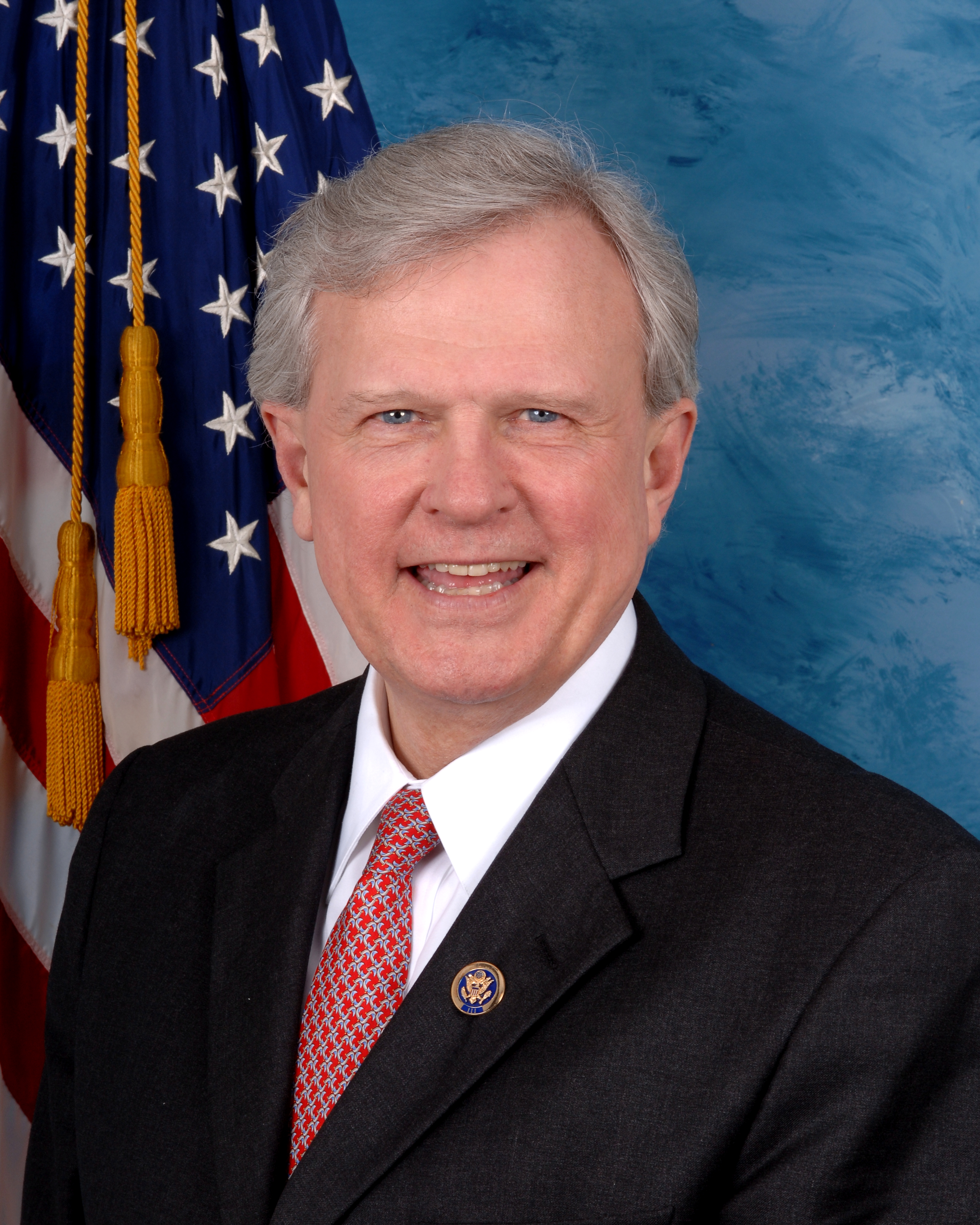





.jpg)

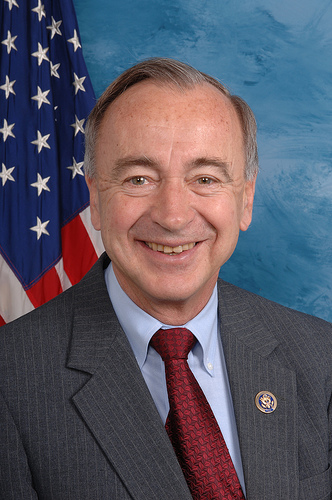





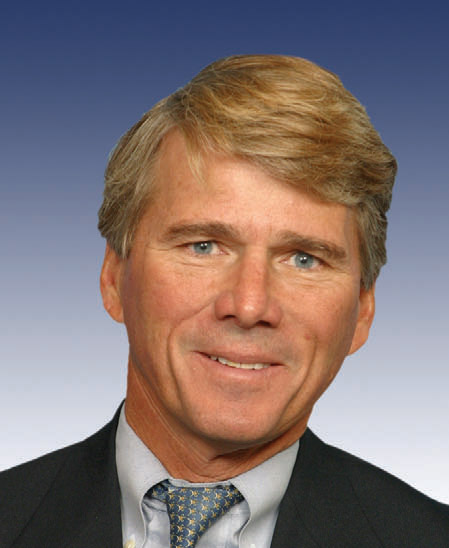









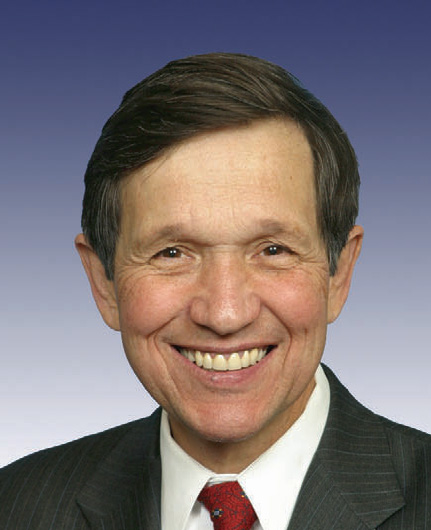


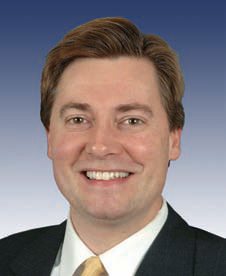


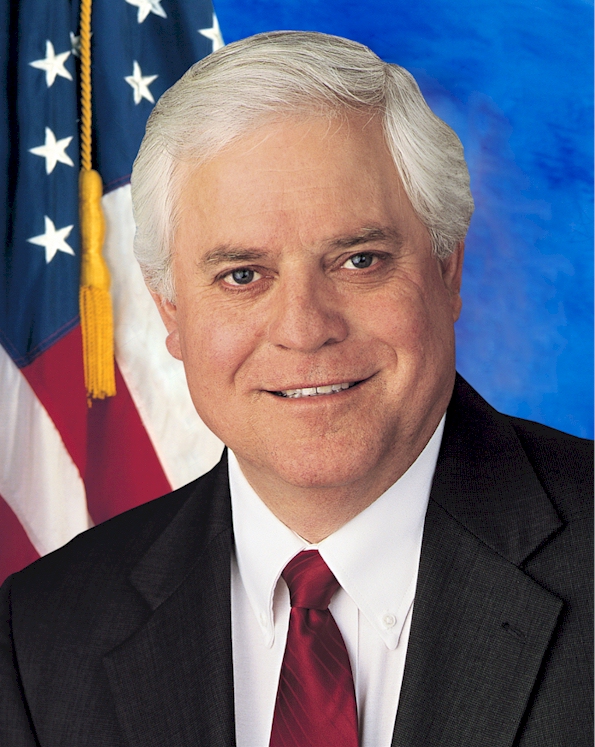







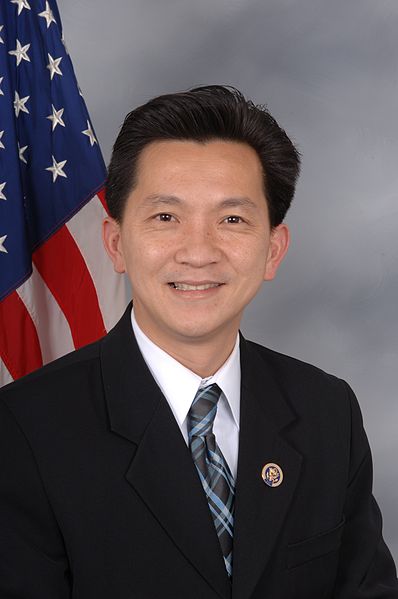
.jpg)







